Just hear those sleigh bells ringing! It's time for a really warm (despite the cold) month of the year, the one and only December.
There's usually a little something for everyone in December. Even if you don't celebrate a holiday over the course of the month, the spirit of the season is still coming at you from all sides: stores are decorated, people are merrier, even the coffee cups at your preferred coffee shop will likely have some sort of special design for the season of giving.
To jump-start you into your holiday season, here are some fast facts about the month of December:
1. December was originally the 10th month of the calendar year
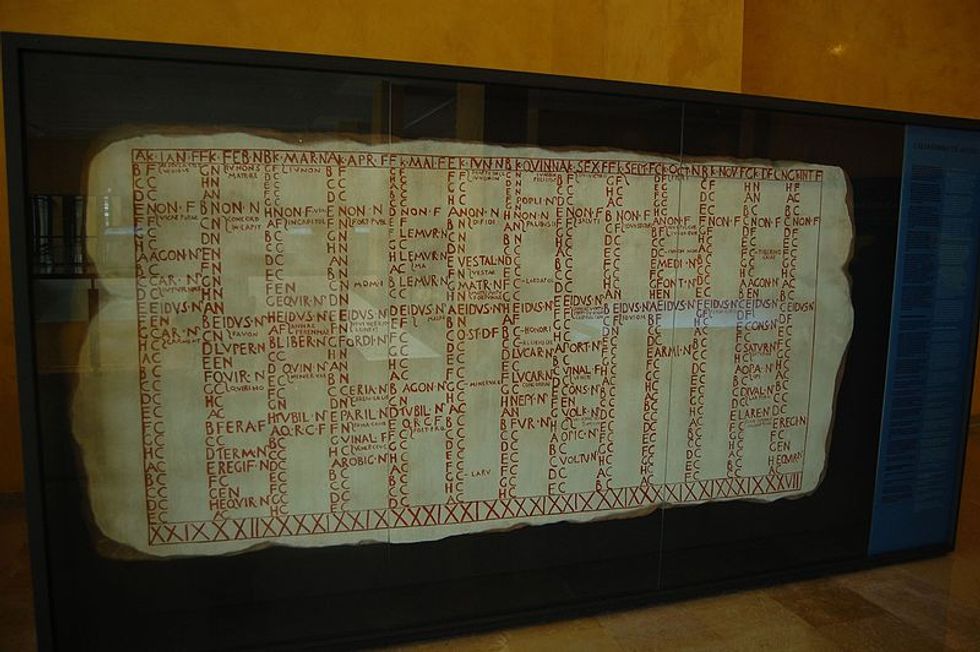
September
October
November
December
In latin, the suffix "Ember" means month, and the Roman calendar usually used its months as adjectives rather than nouns as we think of them today. The beginning of the calendar year was in March (named for the god Mars, meaning "the month of Mars") and ended in December, making the latter months simply numbers (September = "7th month," October = "8th month," etc.) A few changes happened to the calendar once Rome became a Republic:
- The months "Quintillis" and "Sextillis," aka the 5th and 6th months, were named "July" and "August" in order to honor Julius Caesar and Augustus Caesar.
- The months "January" and "February" were added, as the Romans began going by the Greek lunar cycle of 29.5 days for each month and a solar year of 12.5 months, which most closely resembles the calendar we still follow today.
2. The major December holidays are all within two weeks of each other
Yes, it's true. If you're multi-denominational (or you just celebrate Festivus) you're going to get hit with a slew of holidays in a very short space of time.
December 12th starts the celebration of Chanukah. As Chanukah's candles burn for 8 nights, that holiday ends on December 20th. Four short days later is Christmas Eve, December 24th, which most of the Christian denomination celebrate (some even moreso than Christmas day), followed by Christmas Day on December 25th.
Once your holiday meal is eaten and your presents are exchanged, the next day could go one of three ways: either, you have 7 days until New Years' Eve. Or, you're celebrating Boxing Day, which-if you're in the appropriate country-means you have a full day of shopping ahead (kind of like the USA celebration of Black Friday.)
Or; if you're in a really rare demographic, the following day begins Kwanzaa celebrations.
Kwanzaa comes from the Swahili phrase “matunda ya kwanza” which means “first fruits." Each family "celebrates Kwanzaa in its own way, but celebrations often include songs and dances, African drums, storytelling, poetry reading, and a large traditional meal. On each of the seven nights, the family gathers and a child lights one of the candles on the Kinara (candleholder), then one of the seven principles is discussed. The principles, called the Nguzo Saba (seven principles in Swahili) are values of African culture which contribute to building and reinforcing community among African-Americans. Kwanzaa also has seven basic symbols which represent values and concepts reflective of African culture. An African feast, called a Karamu, is held on December 31."
Once all this craziness is over, you better get ready for New Years' Eve and the start of a whole new year of adventures.
3. The Pilgrims landed at Plymouth Rock on December 21, 1620
Thereby making the first Thanksgiving in December, not November, as is a common misconception. Forefathers' Day, the holiday commemorating the Puritans landing in the New World, is hardly celebrated: mostly only by people in Plymouth, Massachusetts, where it is centralized. Celebrations begin at 6 am with a parade and with cannon fire by the Old Colony Club, and the Mayflower Society provides a succotash dinner.
We hope you learned some new things and are inspired to start your holiday shopping! Go forth, and be Merry.
Please SHARE this with your friends and family.



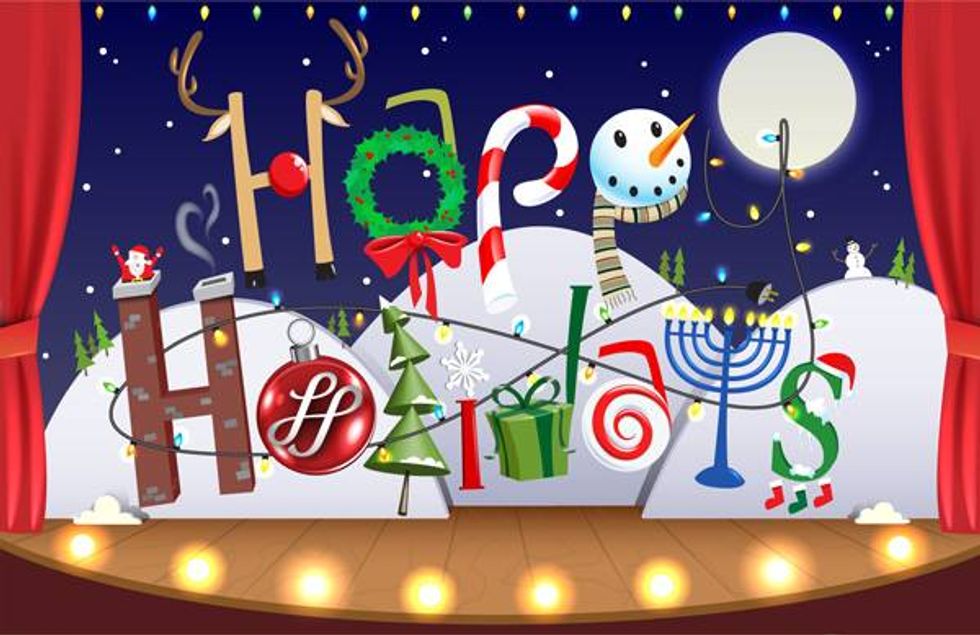
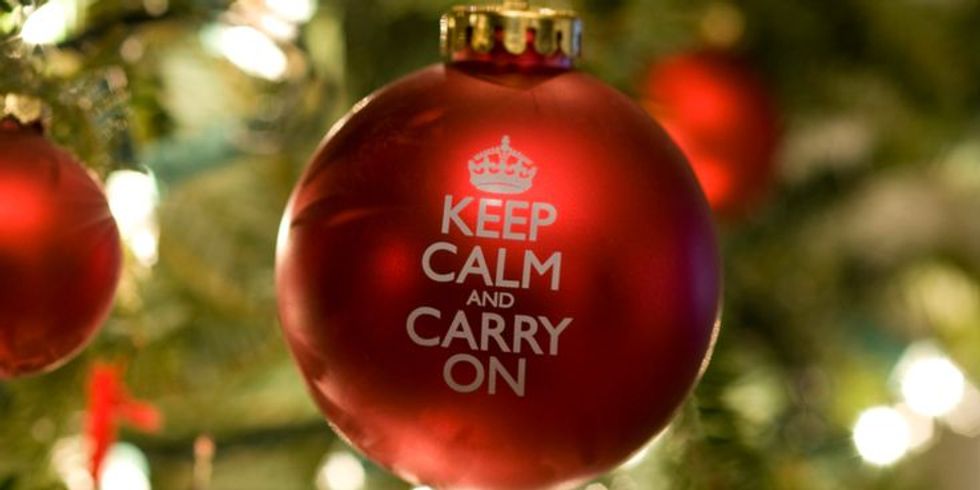
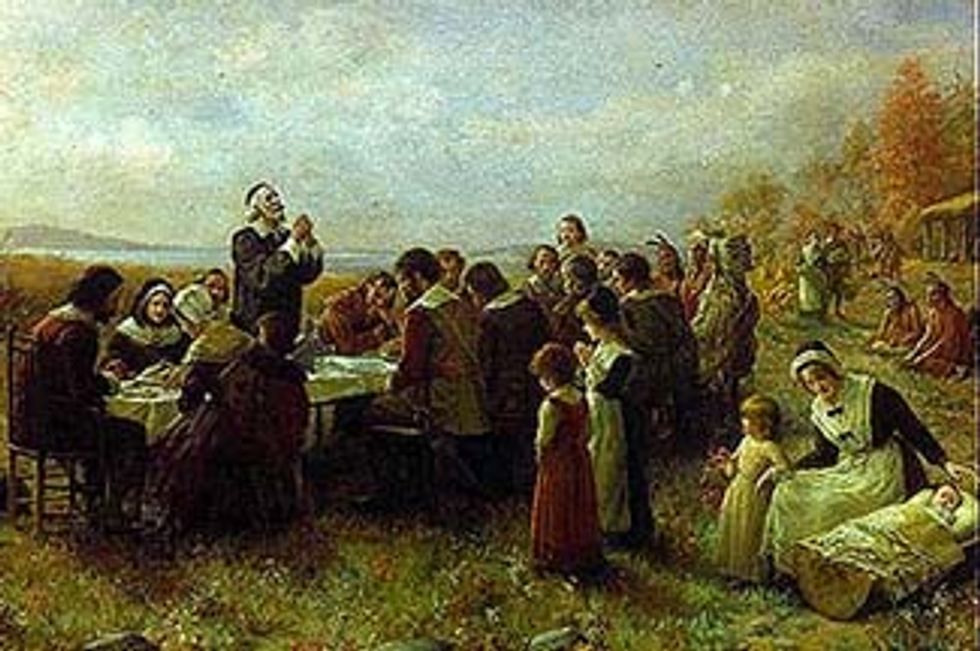






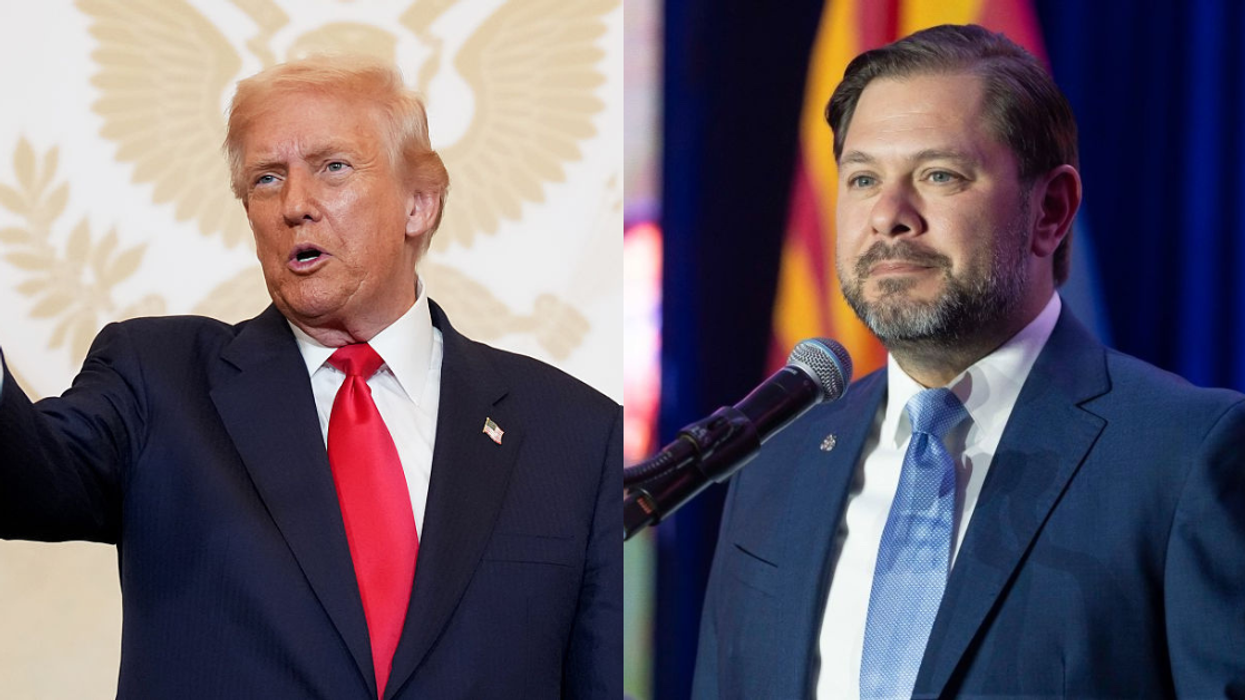






 breast cancer GIF by Baptist Health South Florida
breast cancer GIF by Baptist Health South Florida  Teddy Bear Doctor GIF
Teddy Bear Doctor GIF  feeling neck skin GIF
feeling neck skin GIF 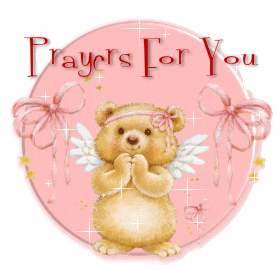 praying GIF
praying GIF 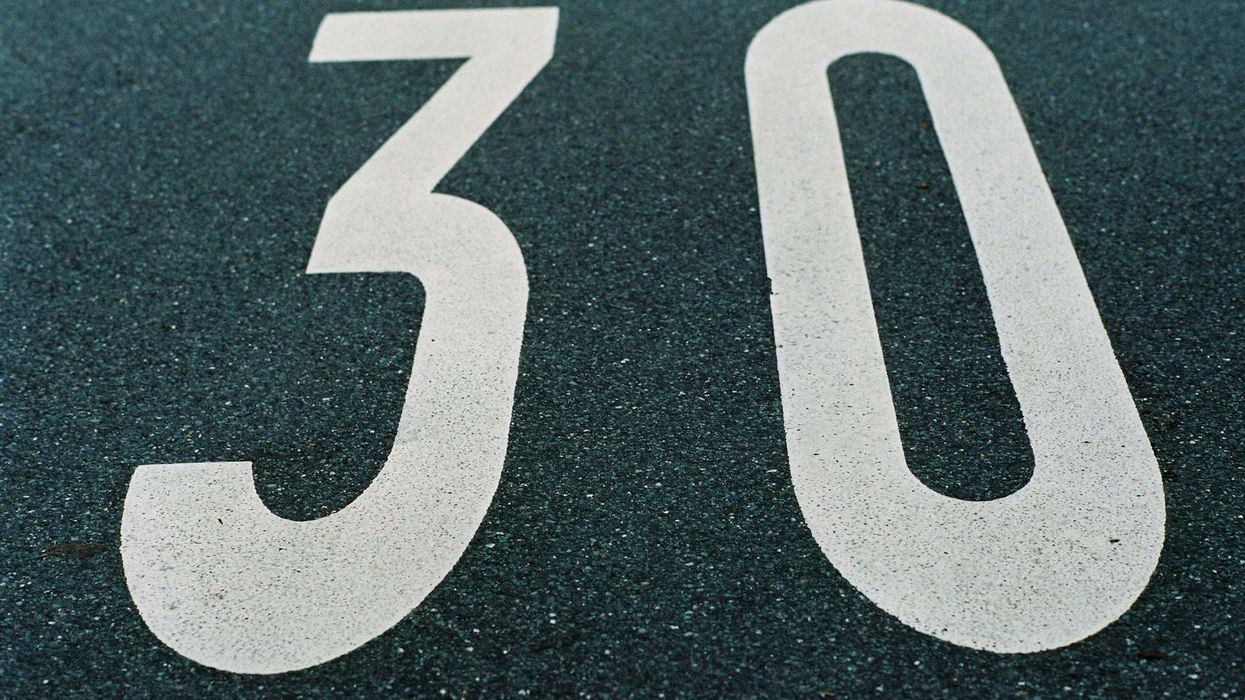
 Snail Ugh GIF by Sticker Book iOS GIFs
Snail Ugh GIF by Sticker Book iOS GIFs  Serious
Serious  Home Alone Reaction GIF by 20th Century Fox Home Entertainment
Home Alone Reaction GIF by 20th Century Fox Home Entertainment  Cat Working GIF
Cat Working GIF